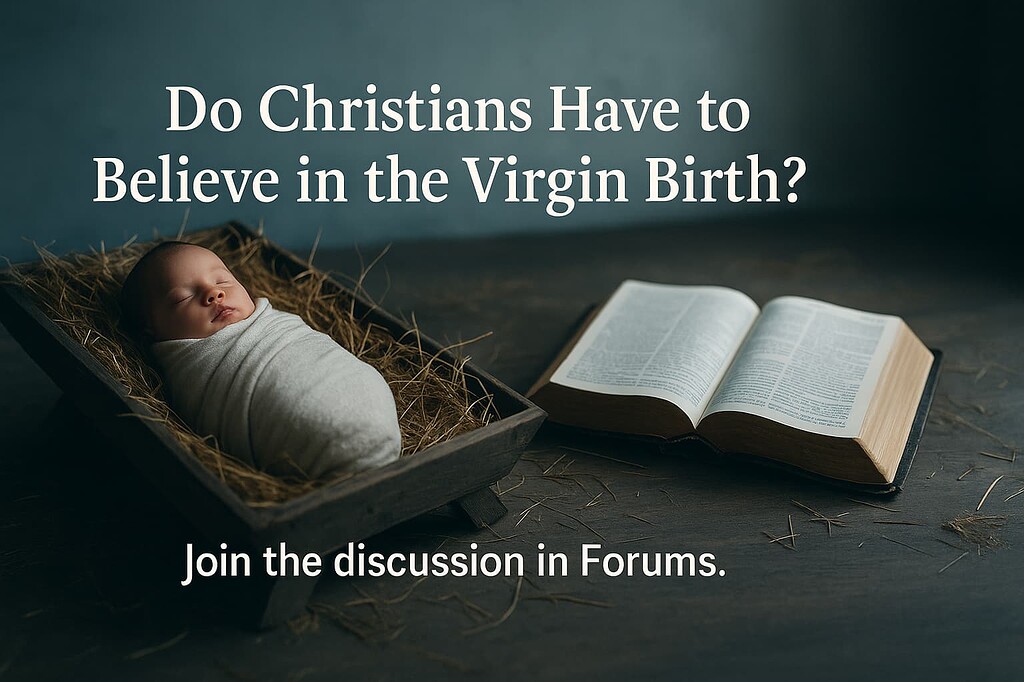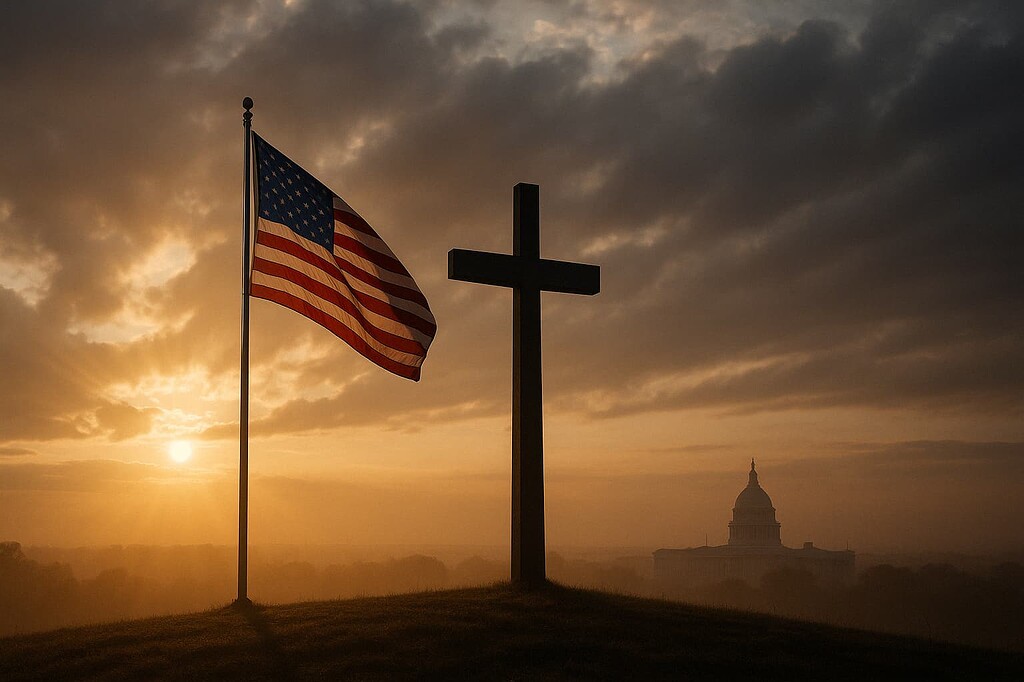Featured

A Prayer to Take Part in Our Nation’s National Day of Prayer - Your Daily Prayer - May 1
Praying for our nation and our leaders is critical to America’s future. Throughout history, God has moved through the prayers for and by our leaders.
Continue Reading...

Today's Bible Reading
Day 121: Acts 14; Joshua 22; Job 31
Verse of the Day
Exodus 23:25
Worship the LORD your God, and his blessing will be on your food and water. I will take away sickness from among you,
Read Exodus 23Most Popular

A Prayer to Understand That Love Is Unyielding - Your Daily Prayer - April 30
Your Daily Prayer
7 Reminders That You’re Never Too Old to Make an Eternal Impact
Slideshows
Are You Grieving the Holy Spirit? - Your Nightly Prayer
Your Nightly Prayer
7 Daily Wellness Practices Rooted in Scripture
SlideshowsPlus
Video
Loading...
For Plus Subscribers
Today's Inspiring Video

Video
Grace + Max | 'More Like You' (acoustic)
























